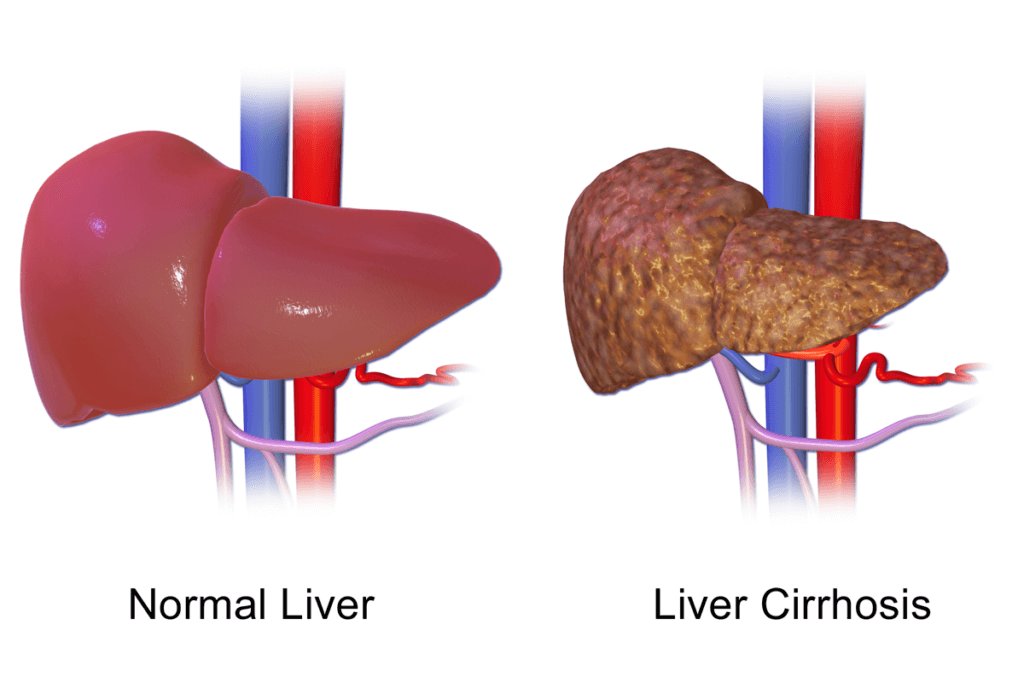
Alcohol Tremors: Why They Should Not Be Ignored – Uncontrollable tremors or shaking of the hands or other body part is common among individuals who suffer from alcohol addiction. Much of the time, an individual with a drinking problem and has alcohol tremors is showing signs of alcohol withdrawal, but there are also other reasons why an alcoholic might be exhibiting this symptom.
Withdrawal Symptoms
Alcohol is a central nervous system depressant, and as such, reduces brain activity and energy levels. But when someone drinks large amounts of alcohol routinely, his or her body becomes accustomed to the continuous presence of alcohol.
In an attempt to counterbalance the sedative effects of alcohol, the brain releases more excitatory neurotransmitters than usual, which boosts nerve activity and keeps the body in a more alert state. These changes in brain chemistry are part of the reason why chronic heavy drinkers often don’t appear to be heavily intoxicated.
However, when a long-term drinker suddenly quits drinking, the brain continues to function as if it were still exposed to alcohol. In this accelerated state, a person will begin to feel the symptoms of withdrawal, including tremors, anxiety, sweating, an elevated heart rate, and nausea and vomiting.
Alcohol tremors and other effects of alcohol withdrawal can onset as soon as six hours after someone had their last drink. This symptom is why some alcoholics wake up shaky in the morning and need a drink – a “hair of the dog”, as it were – to feel steady again.
Some people can experience a severe form of alcohol withdrawal known as delirium tremens (DTs) that is characterized by severe shaking or tremors. Other symptoms of DTs include agitation, hallucinations, high blood pressure, fever, and seizures.
Because delirium tremens symptoms can be life-threatening, it’s often recommended that individuals quitting alcohol undergo a medically-monitored alcohol detox. Alcohol withdrawal symptoms usually peak within one to two days and usually abate within four days, although some people develop protracted alcohol withdrawal syndrome that can persist up to a year.
ARBD Can Result in Alcohol Tremors
Frequent and excessive alcohol use can also cause damage to the cerebellum, an area located near the top of the brain stem that controls balance, coordination and fine motor movement.
Alcohol-related brain damage (ARBD) to the cerebellum can lead to what’s known as an intention tremor. Intention tremor is a specific type of trembling that is most noticeable when an individual makes a deliberate or goal-oriented movement toward an object.
Other symptoms of alcohol-related cerebellar dysfunction include poor coordination and balance, clumsiness, an unsteady gait and involuntary back-and-forth eye movements known as nystagmus. Some people also incur damage to the peripheral nervous system, which may lead to muscle weakness, numbness, and burning and tingling pain in the extremities called peripheral neuropathy.
Damage to the cerebellum from drinking typically takes about a decade to occur and can be revealed on an MRI scan as shrinkage in the cerebellum. It is believed to be the result of toxic effects that alcohol has on the brain, as well as nutritional deficiencies (notably the B vitamin thiamine) common among those who suffer from alcoholism.
Once symptoms of brain damage related to alcoholism occur, they will likely continue to get worse if drinking continues. The only way to avert the worsening of symptoms is to quit alcohol, although this should not be attempted without professional medical help.
Alcohol Tremors Due to Liver Disease

Alcoholism can also result in liver disease, which, in its advanced stages, can produce a characteristic flapping or trembling of the hands also known as asterixis.
While there may be few obvious symptoms in the early stages of liver disease, prolonged liver dysfunction can lead to multiple complications, including a potentially life-threatening brain disorder known as hepatic encephalopathy (HE).
Hepatic encephalopathy develops when the liver becomes unable to adequately filter toxins from the blood that can damage brain cells. As these toxins, which include ammonia, manganese, and other substances, accumulate in the brain, the person begins to suffer from sleep disturbances, mood changes and impairments in motor control, including a flapping tremor.
Also referred to as “liver flap” this alcohol tremor can often be witnessed when the person’s hands and wrists are extended outward as another person pushes back on their hands. This phenomenon, which is usually present in the early stages of hepatic encephalopathy is sometimes likened to a bird flapping its wings.
Although hepatic encephalopathy can occasionally result in coma and death, fortunately, the disease usually resolves with treatment. Regardless, the development of HE is an ominous symptom. Approximately half of all patients with liver cirrhosis die within one year of their first occurrence of HE, and 80% die of liver failure within five years.
In conclusion, shaking or tremors that occur when someone goes without a drink for several hours can indicate a physiological dependence on alcohol and withdrawal syndrome. Less commonly, it can be a sign of brain damage or liver disease. Whatever the cause, tremors should not be ignored.
Treatment for Alcohol Addiction
Alcohol addiction can lead to a number of devastating health and social problems. Individuals who suffer from alcoholism are urged to undergo outpatient detox and seek treatment at our center as soon as possible before matters get even worse.
We offer comprehensive, evidence-based services delivered by caring professionals who specialize in addiction. We provide clients with the resources and support they need to sustain long-lasting sobriety and wellness and reclaim their lives.
Contact us today to find out how we can help you on your path to recovery!